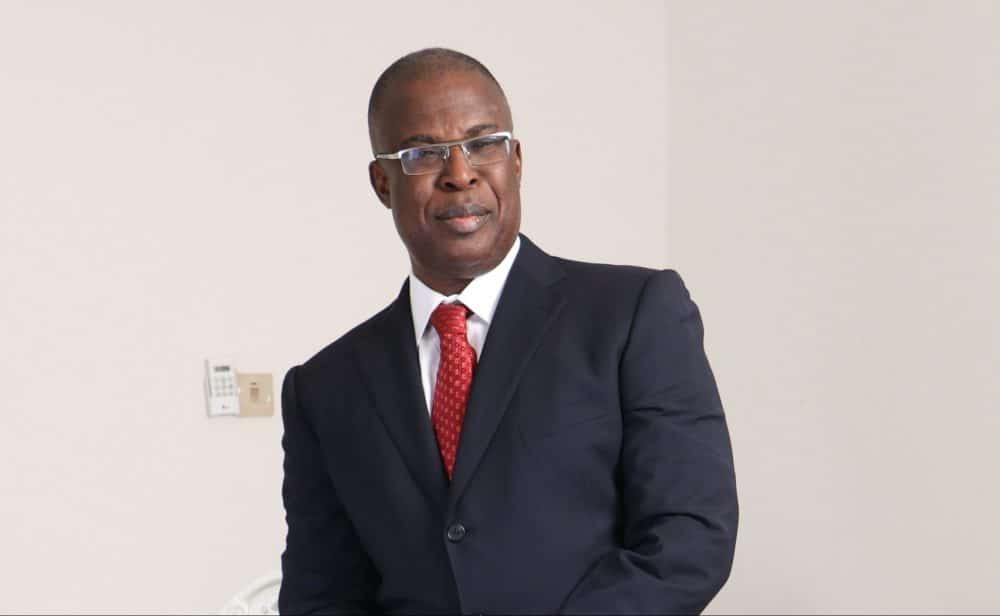In a unanimous decision on Monday, a three-member tribunal led by Adekunle Adeleye dismissed the petition filed by the All Progressives Congress (APC) and its candidate, Timipre Sylva, challenging the outcome of the Bayelsa governorship election.
In the Bayelsa governorship election held on November 13, 2023, Douye Diri, a candidate of the Peoples Democratic Party (PDP), was declared the winner with 175,196 votes, defeating Sylva, who garnered 110,108 votes, and other candidates.
Dissatisfied with the results, Sylva and the APC claimed INEC wrongfully excluded election results from three local government areas—Southern Ijaw, Ogbia, and Nembe—arguing that these areas were APC strongholds and could have secured his victory if included.
News About Nigeria reports that the tribunal found the petition lacking in merit on Monday, stating that the petitioners failed to provide credible evidence to support their allegations against the election results.
The tribunal struck out all additional evidence and statements on oath from some of the petitioners’ witnesses, declaring them incompetent.
It stated that the APC and Sylva failed to file their additional proof of evidence within the 21-day legal limit.
The tribunal noted that their attempt to submit additional evidence and witness statements after filing the petition was akin to an unauthorised amendment of their case.
Among the dismissed allegations was the claim that Bayelsa Deputy Governor Lawrence Ewhrudjakpo submitted forged university degree and NYSC exemption certificates to the Independent National Electoral Commission (INEC).
The tribunal ruled this accusation as a pre-election matter that should have been addressed in federal court and noted it was now statute-barred, as the petitioners did not challenge the certificates’ authenticity within the required 14-day period after submission to INEC.
The tribunal also stated that Ewhrudjakpo’s educational qualifications had already been validated by a court of competent jurisdiction, and acknowledged that he is a legal practitioner qualified to contest the election.
Furthermore, the tribunal criticised the petitioners for seeking contradictory reliefs—asking the court to declare them winners of the election while also requesting the election’s annulment.
The tribunal stated that Sylva and the APC failed to present any electoral materials proving that the election was marred by irregularities, thereby not meeting the legal burden of proof.
“The result declared by INEC enjoys presumption of regularity and a party desirous to challenge the result must do so with convincing and credible evidence,” the tribunal ruled. “None presentation of BVAS machines and voters register used for accreditation in the election proved fatal to the case of the petitioners.”
Justice Omotosho pointed out that the petitioners did not provide sufficient evidence to invalidate the election results, noting that the burden of proof rested on them.
The tribunal found no basis to overturn the results announced by INEC.
“I hold that the onus of proof of positive assertion that valid election took place in the disputed 184 polling units in 57 wards, rests on the petitioners,” the tribunal stated.
“The petitioners, having failed to establish all the pleaded facts, I hold that this petition failed on all the three grounds that it was predicated on. I hereby dismiss the petition as lacking in merit. Parties are to bear their respective costs.”













